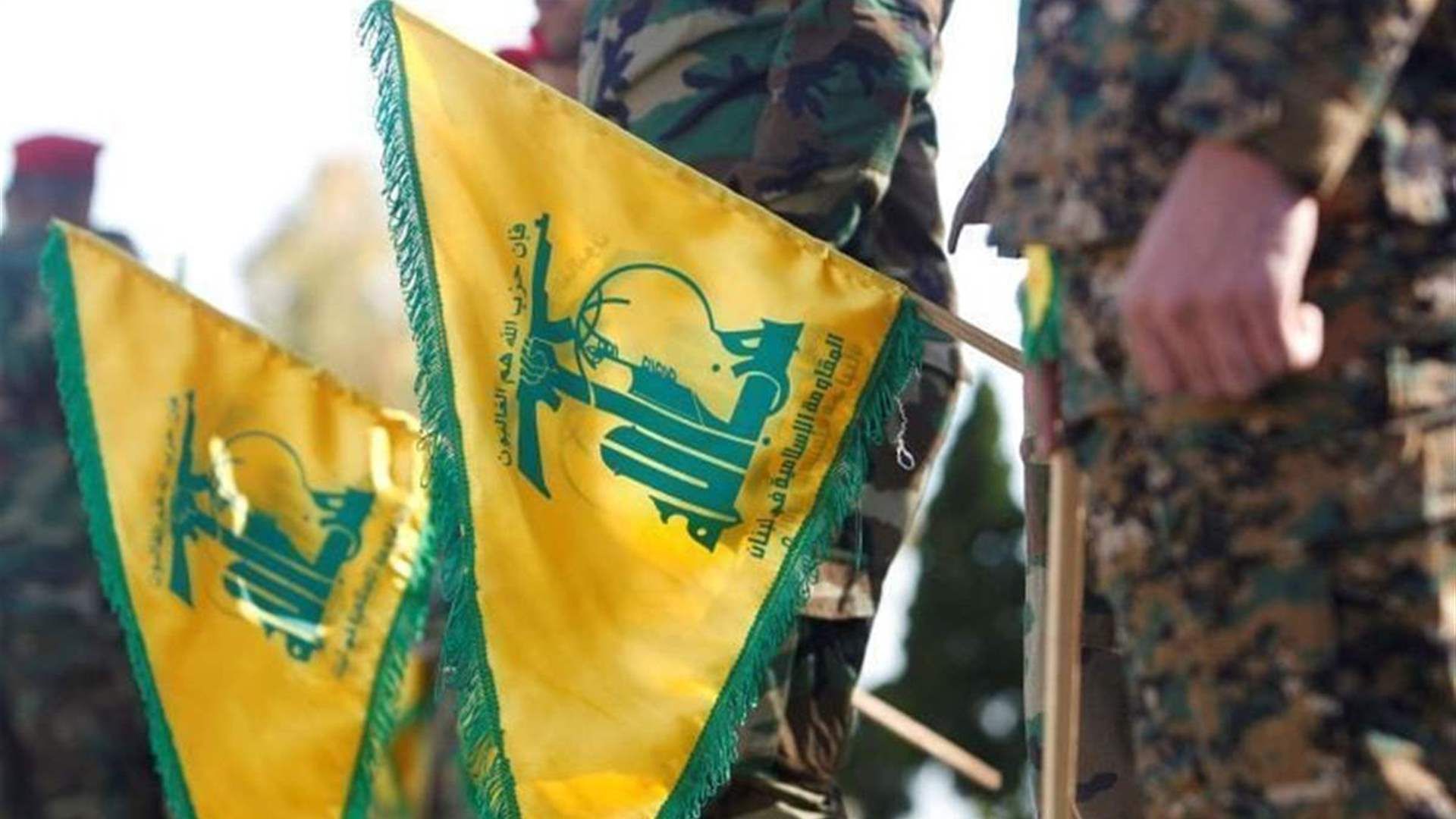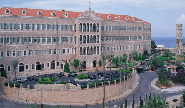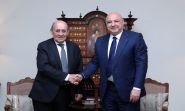
Hezbollah is reportedly operating secret bases across northern Germany, using them to expand its influence throughout Europe. This covert network is believed to serve as a platform for fundraising, weapons procurement and bolstering the group’s presence within the Lebanese community. These revelations were published by The National on February 3, in an article by Tim Stickings.
The Network: Financing and Operations
The journalist reports that Hezbollah has established a support network within mosques, cultural centers and youth groups. These organizations, frequently monitored by German intelligence agencies, are pivotal to the group's infiltration into German society. According to information gathered by The National, this network was initially overseen and closely managed by Hassan Nasrallah, the former Hezbollah Secretary-General who was killed by Israel in Lebanon last September.
The National was able to reconstruct, using unpublished judicial documents, official communications and online publications, the evolution of this network despite the ongoing crackdown by German authorities and intelligence services. The article underscores that, in this context, Hezbollah continues to benefit from propaganda outlets and the support of more than 1,200 sympathizers spread across Germany.
Material Evidence and Arrests of Key Suspects
The newspaper further highlights that a seemingly insignificant scrap of paper, found in a bathroom trash bin, turned out to be the pivotal breakthrough in the investigation. This document led investigators to Hassan M., a key figure in the network, who frequently traveled between Germany and Lebanon to oversee Hezbollah’s operations. Known as Sheikh Hassan Mortada, he was imprisoned last year.
After months of investigation, several arrests were made, including that of Fadel R., who was accused of masterminding the recruitment of Shiite clerics in Germany to promote Hezbollah’s ideology. During his arrest in December, investigators uncovered his correspondence with Hassan Nasrallah, which was exchanged weeks before Nasrallah’s death. The messages revealed concerns about payments for the renovation of a mosque, directly linking these financial transactions to Hezbollah’s terrorist financing operations.
While Fadel R. has not yet been tried for his Hezbollah affiliation, German prosecutors consider him a trained operative responsible for overseeing a network of Shiite preachers. Another key arrest involved Fadel Z., who is suspected of facilitating the smuggling of drone parts intended for use in attacks against Israel.
The National concludes that “the arrest of these suspects marks a critical turning point in the authorities’ efforts to dismantle a long-monitored network that had, until now, proved difficult to dismantle.”
Germany: A Hub for Hezbollah’s Activities
In December 2024, the German government significantly intensified its crackdown on Hezbollah by banning the broadcast of Al-Manar, the group’s propaganda channel, within its borders. At the same time, it closed the Islamic Center of Hamburg and the Blue Mosque, both with known links to Hezbollah. Additionally, the Mahdi Cultural Association in Bad Oeynhausen, suspected of maintaining ties with the group, was placed under surveillance by German intelligence services. The investigation also exposed the central role played by certain mosques, such as the Imam Hussein Mosque in Osnabrück, which acted as hubs for training workshops and for expanding Hezbollah’s influence across Germany.
The National notes that one of Hezbollah’s primary tactics for extending its reach in Germany is recruiting young people through scout groups established in mosques and cultural centers. These groups, known as the Imam Mahdi Scouts, present themselves as providers of educational and recreational activities, but in reality, they play a central role in indoctrinating youth and promoting the group's ideology.



Comments